Project Description
Not that long ago, almost no one had heard of Sherri Shepherd. The Chicago native spent years moonlighting as a stand-up comic in Los Angeles while her day job as a legal secretary paid the bills. In her 30s, she landed small roles on television shows like Everybody Loves Raymond and costarred in the workplace sitcom Less Than Perfect. But it wasn’t until her selection as a cohost on ABC’s hit daytime talk show The View in 2007 that Shepherd, then 40, officially became something of a household name.
A string of early on-air embarrassments—she said she didn’t know that the Earth was round and insisted that Christians had predated the Greeks—made Shepherd an easy target for her know-it-all cohosts. But she has learned to revel in her imperfections, titling her new book Permission Slips: Every Woman’s Guide to Giving Herself a Break. Meanwhile, her career continues to fly along; she has a recurring role on the critically acclaimed NBC show 30 Rock, and Sherri, a new sitcom starring Shepherd as herself, debuted this fall on Lifetime.
SHERRI SHEPHERD
Born
April 22, 1967, Chicago
Family
Divorced. Son, Jeffrey, 4
Main Gigs
Cohost of The View and star of the Lifetime sitcom Sherri
New Book
Permission Slips: Every Woman’s Guide to Giving Herself a BreakBut with all the success of the past two years has come a major challenge: Days before she started on The View, Shepherd was diagnosed with type 2 diabetes. She talked to Diabetes Forecast about her journey from denial to better health to advocacy, such as instructing the writers for Sherri to work her diabetes into the show as a way to raise awareness.
In your new book, you write that you were raised by a “tribe of peg legs”—that amputations due to diabetes were commonplace in your neighborhood.
It was friends of family who I saw had amputations—in my neighborhood, on my block. As a girl, I thought that everybody rolled up in a wheelchair at the holidays and got macaroni and cheese and starchy foods. We saw our Aunt Birdie go blind, but nobody ever said it was because of diabetes. Everybody was always like, “It’s the sugar.”
Did relatives with diabetes warn you about “the sugar,” and about your increased risk for it?
They were in denial. My mother had it, and she didn’t take care of herself. She didn’t give up the foods we loved to eat. I don’t know if it’s because diabetes is the silent killer—you know, you don’t feel any differently: “I’m a little tired, my hands tingle a little bit.” You don’t necessarily see the symptoms for another 10 years.
What was it like watching your mom struggle with diabetes?
I remember a lot of needles. I remember the
You write that she died young, at 41, when you were 23.
And I didn’t realize what it was until I saw the death certificate and it said “complications related to diabetes.” I had no clue.
After that, were you nervous that you were at increased risk?
I guess in the back of my mind I wondered if this is something I should look at. When I got my physicals, my doctors would test me and say, “You’re borderline diabetic, and you should change the way you eat.” And I’d say, “OK, whatever,” and I’d go get my No. 6 combo, supersized, from McDonald’s and go to IHOP and order pancakes with two kinds of syrup. Every time I ate something I’d pass out because I just stuffed myself. No clue that it was diabetes.
Were you diagnosed with pre-diabetes first?
Yeah, and in addition to being sleepy, my toes would start tingling. My left foot always got numb. The tips of my fingers would tingle. It was happening so much that I would just say, “Lord, if you will bless me not to have diabetes, I promise that I will stop eating the way I’m eating.” And then one day the tingling would go away and there would be no numbness, and I was back to my peanut M&Ms.
Even after you were diagnosed with diabetes, you write, you refused to change your eating habits—until you had what you describe as a vision.
It happened in 2007. I was sitting on the stairs, and I was so tired because I had eaten all this starchy food. My favorite dish was pesto pasta and I would make a huge bowl, probably enough to feed 10 people, and I would eat the whole bowl and I would go to sleep. I was really sleepy and I had this vision of my son, Jeffrey, who was 2 then, lying on his bed and crying because he was trying to figure out where heaven was. Because that’s where everyone said Mommy was.
I’m a very spiritual person and it was just like I could hear God saying, “It doesn’t have to be this way. It doesn’t have to be what happened with your mom.” I immediately stopped a lot of stuff I was doing that was harmful.
Over the course of the next year, your first on The View, you went from size 16 to a size 4. How’d you do it?
I said, “What did I eat that got me to this point?” And it was everything. And so I started just eating really healthy. I discovered the joy of vegetables without butter and sauce, without being fried in flour. I dis-covered the joy of having oatmeal without brown sugar and a ton of butter. I cut out anything white—bread, fried foods, pork. I think I went overboard because I was so scared. The only meat that went in my mouth that entire year was salmon and grilled chicken.
Have you loosened up since then?
I’m learning how to do things in moderation. Like I didn’t eat bread, but now I’m learning from my nutritionist that you need to eat bread. You need to eat bread that has fiber in it.
Have you adopted an exercise routine?
This year, I’ve hired a trainer to help me. I train three times a week with weights and cardio, and I take a dancing class once a week. I found that once I work out, I prick my little finger, and my blood sugar has gone down. If I exercise, I might be able to eat a little piece of cake and my blood sugar doesn’t rise as high.
Do you enjoy the exercise?
Last week we were working out and my trainer said, “How do you feel?” And I said, “I wish I had a gun so I could shoot you right between the eyes.” It’s a necessary evil, like brushing my teeth. But when I’m on the treadmill and I’m hurting, I just go, “This is going to allow me to be here longer. It’s going to allow me to see my son walk down the aisle.”
Has your diabetes affected how you’re raising your son?
Yeah. Somebody in our building recently said they had made a whole pot of pigs’ feet and they wanted to give Jeffrey some. And I was just like, “No.” I don’t deny him. I wish I could be like some of those überparents who say “the kids can’t have any candy.” But I have introduced fruits and vegetables so it’s a very natural thing for him. And he knows where my diabetic kit is. He’ll go get it so I can take my test, and he watches me do it. I don’t want him having to go through that.
Do you test every day?
Well, it took me a year to prick my finger. I would literally stand there going, “One, two, three, four, five,” and I couldn’t do it. But one day my son was there in front of me, and I just kept staring at my son, going, “You got to do this for Jeffrey.” I had to keep looking at him and I was able to do it.
Lots of famous people with diabetes write memoirs that keep silent about how the disease has affected them. But you devote a lot of Permission Slips to the subject. Why?
Because diabetes affects African Americans at a very alarming rate. This is something serious that we have to do something about. It’s getting out of hand. Children are now getting this at an alarming rate.
And what’s the message you’re trying to send to people like the old you—those in denial about being at risk for diabetes or about actually having it?
That it’s something you can live with. There’s a lot of people in my church who, when they found out I had diabetes, said they were going to pray that the Lord takes it away. And I said, “No, don’t.” Because the one thing diabetes has done for me is make me look at food in a different way. Do I really need to put this in my mouth? Should I get broccoli instead? So I always say, “Don’t pray that it goes away. Pray that I learn to manage this thing.” Because it gave me a second chance. I’m 42. I’ve already lived past the age of my mom.

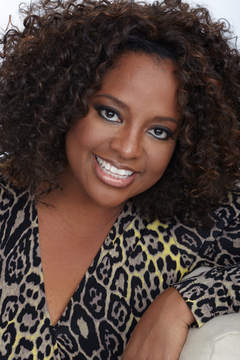
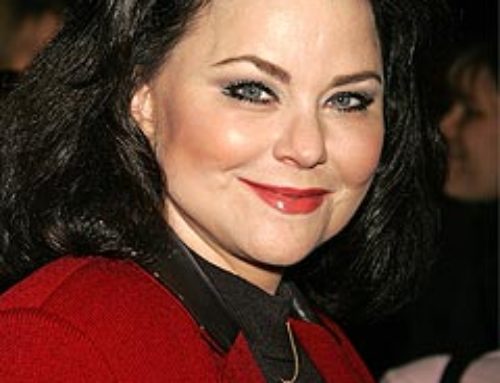

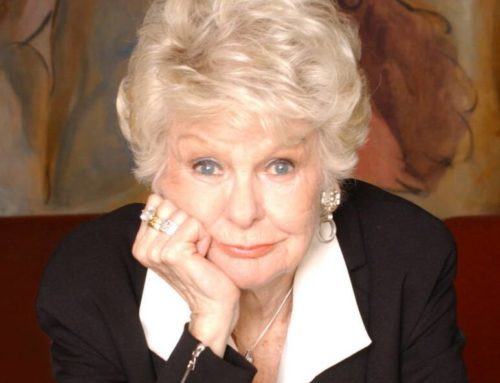
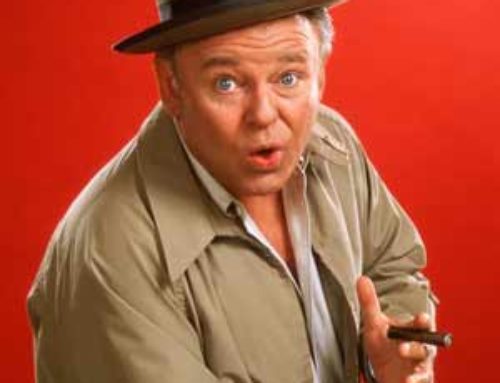
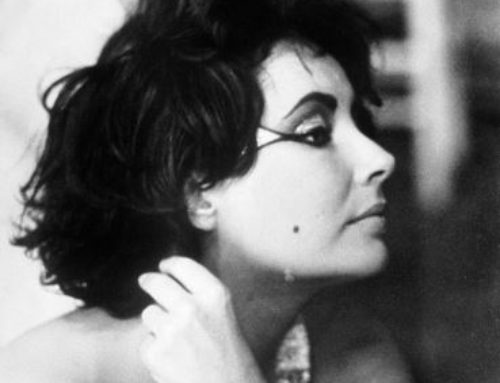
Leave A Comment